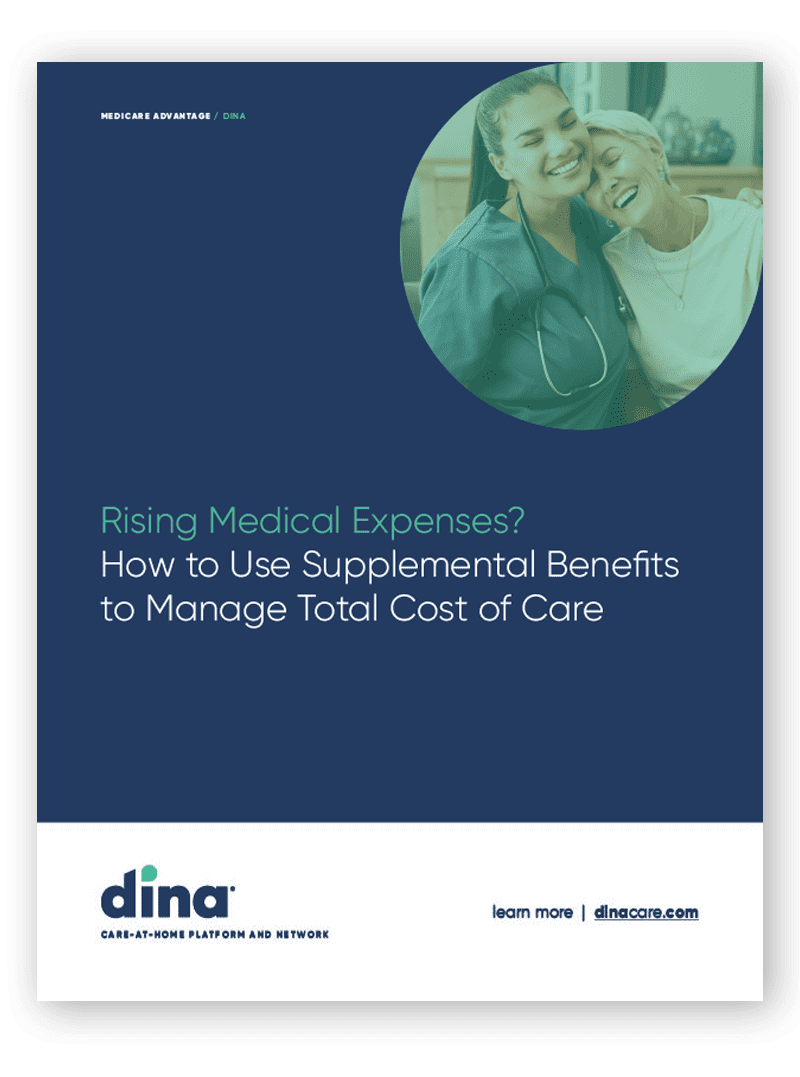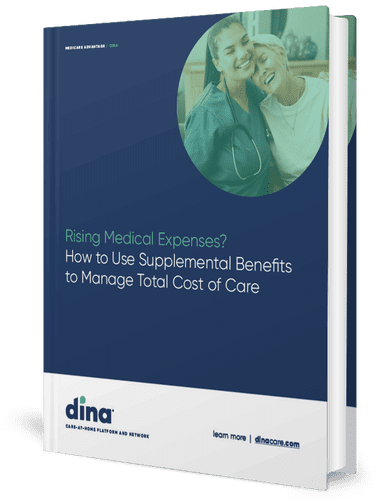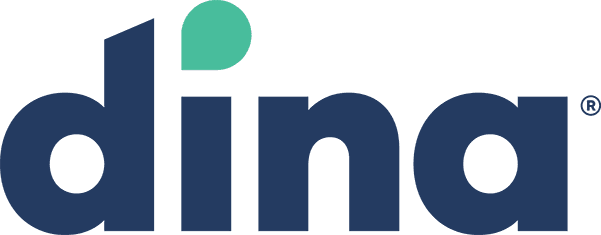
The recent RISE SNP Leadership Summit in Boston delivered actionable insights for payers, providers, and policymakers that support starting or building Special Needs Plans (SNPs). “SNPs are where policy meets people,” said Dina President Sherman Sanchez, who attended the show. “They’re the future of person-centered care for Medicare’s most vulnerable members.” Sanchez shared his top 10 reflections:
1. SNPs Are No Longer Optional
SNPs are the fastest-growing segment in Medicare Advantage, even though the rate of increase slowed from 13% in 2024 to 10% in 2025. By comparison, enrollment in standard Medicare Advantage plans rose at one of the slowest paces in program history in 2025, amid heightened scrutiny from regulators and lawmakers. SNP growth is driven by rising chronic conditions, dual eligibility, and institutional care needs, and are essential for meeting the moment in complex care delivery.
2. Model of Care = Operating System
A strong, audit-ready Model of Care (MOC) is a must. Success hinges on a robust, NCQA-approved MOC to identify and address the unique needs of their enrollees. It’s not just paperwork — it is a crucial tool for SNPs to identify and address the specific needs of their members, ensuring that they receive the care they require, as well as for CMS to assess whether the plan is adequately meeting its obligations.
3. Quality Is the Business Strategy
STAR Ratings and performance metrics are the currency. Focus areas like medication adherence, readmission reduction, and preventive care drive both outcomes and revenue.
4. Integrated Tech Is Here
Care models require real-time data sharing, HRA integration, and audit-ready platforms. Technology must enable, not hinder, SNP operations, especially as they scale. For example, Dina supports key Model Of Care components like Interdisciplinary Care Team collaboration and care transitions — with data transparency and actionable workflows.
5. Behind Every Plan Is A Person
Tailoring care models and provider networks to specific sub-populations is best practice. The consultant firm Engagys led a powerful session featuring SNP members sharing their personal healthcare journeys. Their stories brought real meaning to policy and care delivery, a heartfelt reminder of why member voices matter, and the impact that delays in services like medication delivery, meal delivery and transportation can have on member health and satisfaction.
6. Regulations Are Shifting—Fast
From V28 risk adjustment changes to HRAs aligned with SDOH, staying ahead of CMS policy, compliance demands, and state integration requirements is critical.
7. Enrollment Is Just the Beginning
Retention is now a front-line KPI. Plans must think beyond AEP with tailored onboarding, cultural competency, and multichannel engagement to engage members where they are, and ensure the right interventions are delivered at the right time for your most vulnerable members.
8. Audit Readiness Is Year-Round
SNPs are judged by their ability to do what they say and demonstrate impact beyond claims. To be successful, align your operations with MOC narratives. This can include real-time coordination tracking, automated documentation, and multidisciplinary workflows so you are audit-ready every day.
9. Strategic Partnerships Are Essential
Success requires collaboration across state Medicaid agencies, community organizations, and clinical teams. But disconnected data, manual documentation and workflow silos are among the top reasons that SNPS struggle to hit quality and cost targets. Look for technology that facilitates seamless data sharing, coordination and alignment with partners.
10. The Time to Act Is Now
With the 2026 CMS application cycle already underway for 2027 launches, organizations need cross-functional teams, action plans, and a clear MOC development path.
“We support health plans as they build compliant, compassionate, and scalable SNPs,” said Sanchez. “I’m encouraged by the number of plans that want to build smarter, more equitable care models.”

Rising Medical Expenses?
Don't Cut Benefits!
Instead, see how to drive smart utilization of non-medical benefits to meet your value-based objectives. Download the report "Rising Medical Expenses? How to Use Supplemental Benefits to Manage Total Cost of Care" to learn more.





